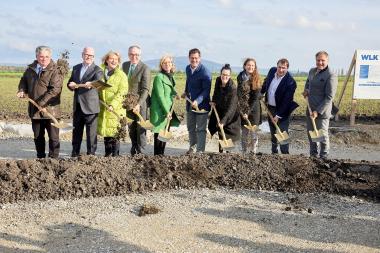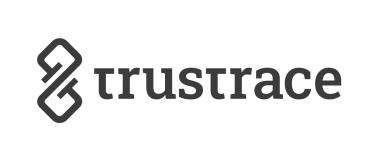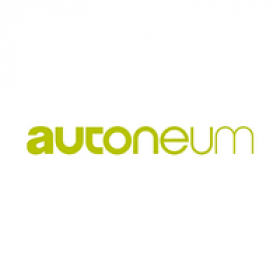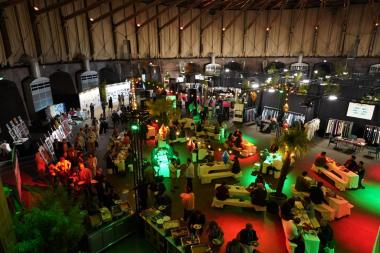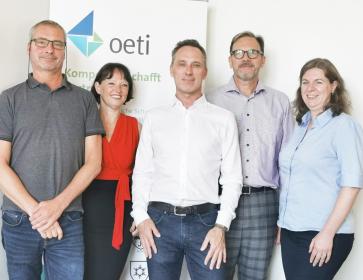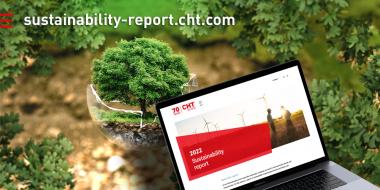Carbios published 2022 Sustainability Report
CARBIOS published its second Sustainability Report with 2022 as the reference year. Like the first, this report is not subject to any publication obligation for the company, confirms CARBIOS' commitment and desire for transparency in terms of environmental, social and governance (ESG) initiatives.
In 2022, several objectives were achieved:
- Increase of the number of independent directors on the Board of Directors,
- Completion of the first carbon footprint report to sustainably reduce greenhouse gas emissions,
- Consolidation of the life cycle analysis (LCA) of the PET enzymatic depolymerization process,
- Continuation of employee training in safety and environmental issues.
In October 2023, CARBIOS appointed Bénédicte Garbil as Senior Vice President of Corporate Affairs and Sustainability: "In 2022, CARBIOS strengthened its governance, building a solid foundation for our continued growth and commitment to Corporate Social Responsibility (CSR). This strategic development demonstrates our commitment to operational excellence and transparency. We have integrated the principles of sustainability, ethics and environmental responsibility at the heart of our governance, putting CSR at the forefront of our actions."
Carbios













